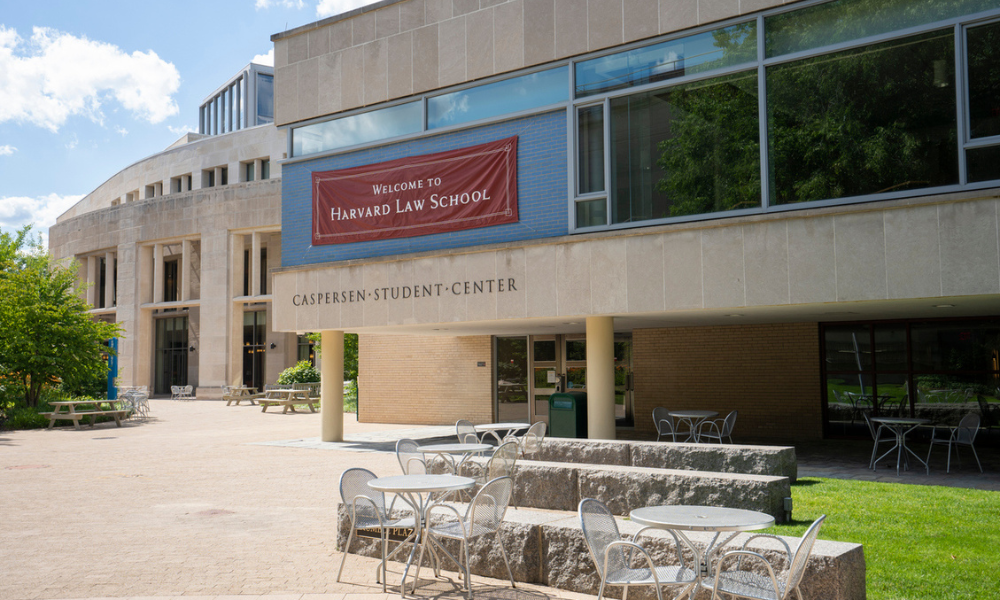The metric provides a complete view of applicants' potential beyond undergraduate grades

The Law School Admission Council (LSAC) in the U.S. is developing a new "environmental context" metric for colleges and universities to help law schools gain deeper insights into the educational and economic obstacles applicants have faced on their journey to a law degree.
This metric considers factors such as institutional student spending, graduation rates, and the percentage of undergraduates receiving federal need-based Pell Grants.
LSAC officials, who oversee the Law School Admission Test and manage the central application system for law schools, announced the initiative during a recent meeting of the American Bar Association’s legal education body. The project is a collaboration with The College Board, known for developing the SAT and a similar tool that contextualizes applicants’ neighbourhoods and high schools.
Reuters reported that the new college metric aims to complement the existing neighbourhood and high school ratings, offering law schools a comprehensive understanding of the advantages or challenges applicants have faced. This approach seeks to provide a fuller picture of applicants' potential beyond their undergraduate grades and standardized test scores. Elizabeth Bodamer, the council's research director, emphasized this goal during her presentation.
“There are thousands of law school applicants each year who have journeyed through barriers, and in spite of it all, have made it through,” Bodamer told the council. “The big question is: How do we capture this context?”
This initiative follows the U.S. Supreme Court’s June 2023 decision limiting the consideration of race in college admissions. However, Bodamer noted that the LSAC had approached The College Board about the project years earlier, with delays caused by the COVID-19 pandemic. She clarified that the project focuses on the "environmental factors that may shape students, and not the students themselves.”
In response to the Supreme Court's ruling, law schools have begun exploring new admission strategies that do not directly consider race. Many institutions have revised their essay prompts to gain deeper insights into applicants' experiences and how those experiences have shaped them.
To evaluate the new college metric's impact, the LSAC is using 2023 applications already reviewed by law school admissions offices. Schools are rereading these applications with the new metric to determine if it would influence their decisions.
Early data indicates that law school applicants from "high-challenge colleges" are 2.5 times more likely to be first-generation college students compared to those from "low-challenge colleges." High-challenge colleges have lower graduation rates, less per-student spending, and more Pell Grant recipients. Conversely, low-challenge colleges have higher graduation rates, more per-student spending, and fewer Pell Grant recipients.
Nearly all applicants from low-challenge colleges are accepted into law school, while fewer than two-thirds of those from high-challenge colleges gain admission, Bodamer reported.
This new metric aims to help law schools recognize and account for the socioeconomic challenges faced by applicants, providing a more holistic view of their potential and experiences.










